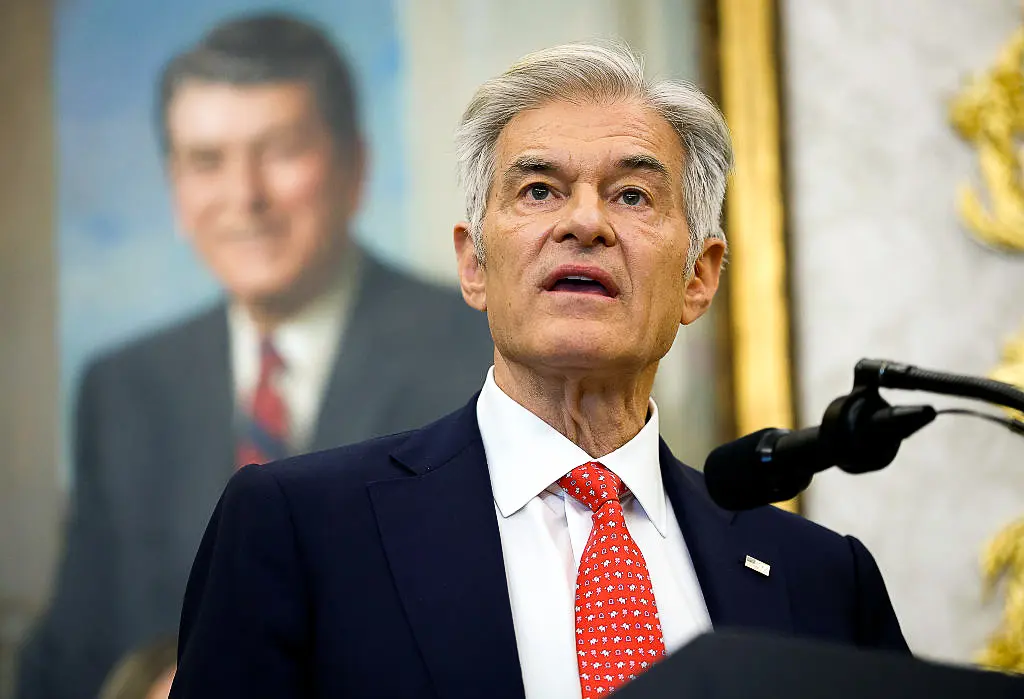Retail egg prices in the United States reached an average record high of $6.23 per dozen in March, according to inflation data published by the federal government on April 10.
The data show that the price represents an increase of more than 30 cents, as the price of a dozen eggs stood at $5.90 on average in February, the Bureau of Labor Statistics said in its most recent consumer price index update. In January, a dozen eggs cost $4.95 on average.





